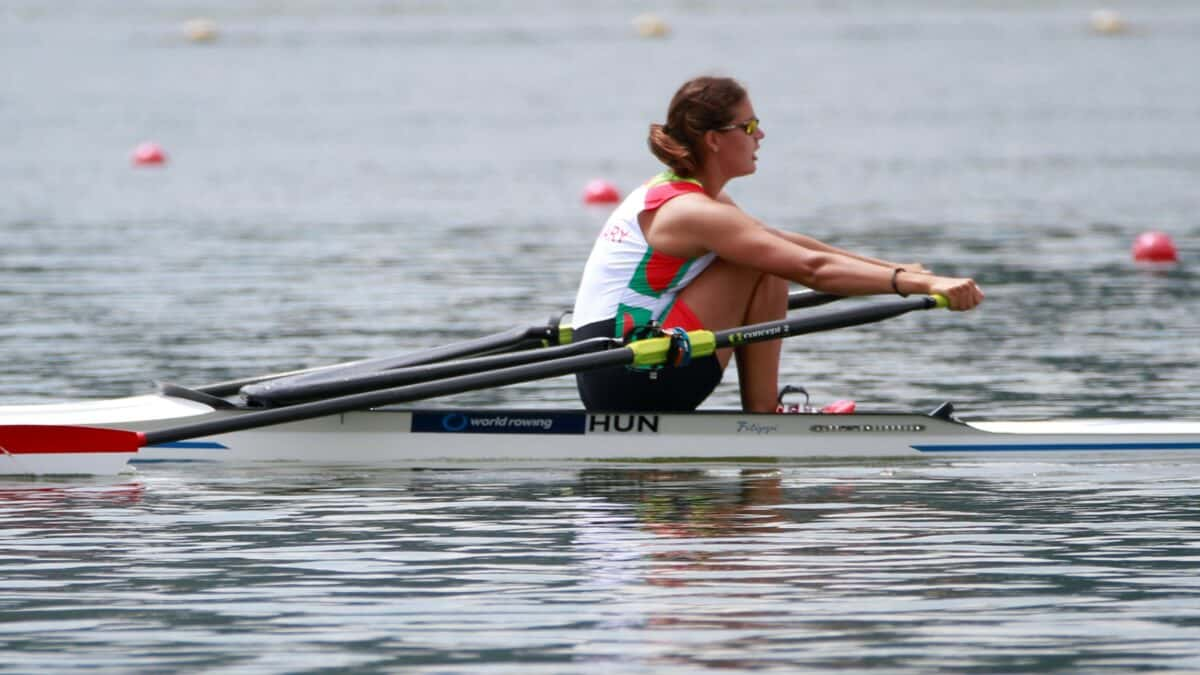
07 Dec 2018
Hungary celebrates 125 years of rowing federation
The idea for a Hungarian Rowing Federation first gained traction in 1883, but after discussions it was shelved as, among a number of reasons, clubs worried about the potential expense of setting up a federation.
For ten years the idea remained inactive. It was reactivated in 1892 and a few months of discussions ended in clubs unanimously agreeing to the first session of a Hungarian Federation. At this stage no one mentioned the potential cost.
How did rowing get to Hungary?
A trip to England in 1822 by the wealthy Hungarian intellectual leader, Count Istvan Szecheny planted the seeds. Szecheny saw rowing on the Thames in London and joined in. A year later he returned to England to watch the first Oxford vs Cambridge University Boat Race. Szecheny ordered boats which arrived in Pozsony (now called Bratislava) in 1826. This is where the Hungarian Parliament sat and during the intermission of one of the sessions Szecheny introduced the new boats to the House of Representatives.
Szecheny went on to establish a rowing club and a number of rowing races. He is considered the father of rowing in Hungary.
Olympic success
At the 1908 London Olympics, Hungarian single sculler Karoly Levitzky won bronze making him the first Olympic medallist in rowing for Hungary. The second Olympic medal came in 1948, again in London. Bela Zsitnik and Bela Szendey along with coxswain Mr Zomony won the men’s coxed pair.
Golden years
The early 1930s can be described as the heydays of Hungarian rowing. At the time the Glandaz Cup was awarded to the best rowing nation. Hungary won it for four consecutive years. European Championship medals abounded and the number of rowing clubs grew to 38 nationwide.
Women’s rowing
By the middle of the century women had started to row and single sculler Kornelia Papp won her first European Championship medal in 1955. It was bronze. She won bronze in the subsequent two years. Papp continued to compete and from 1958 until 1961 she dominated the single and won gold for four consecutive years.
Tour rowing
Tour rowing had been popular for a number of years and in the late 1950s there was close to 2000 registered tour rowers. They came from 30 clubs across Hungary. Six years later it had grown to a registration of 3642.
Today
rowing remains popular in Hungary and in 2019 they will host the World Rowing Masters Regatta in Velence. There is also approval to build an international rowing course in Budapest. This is planned for completion in 2022 with the intention of bidding for a World Rowing Championships.

